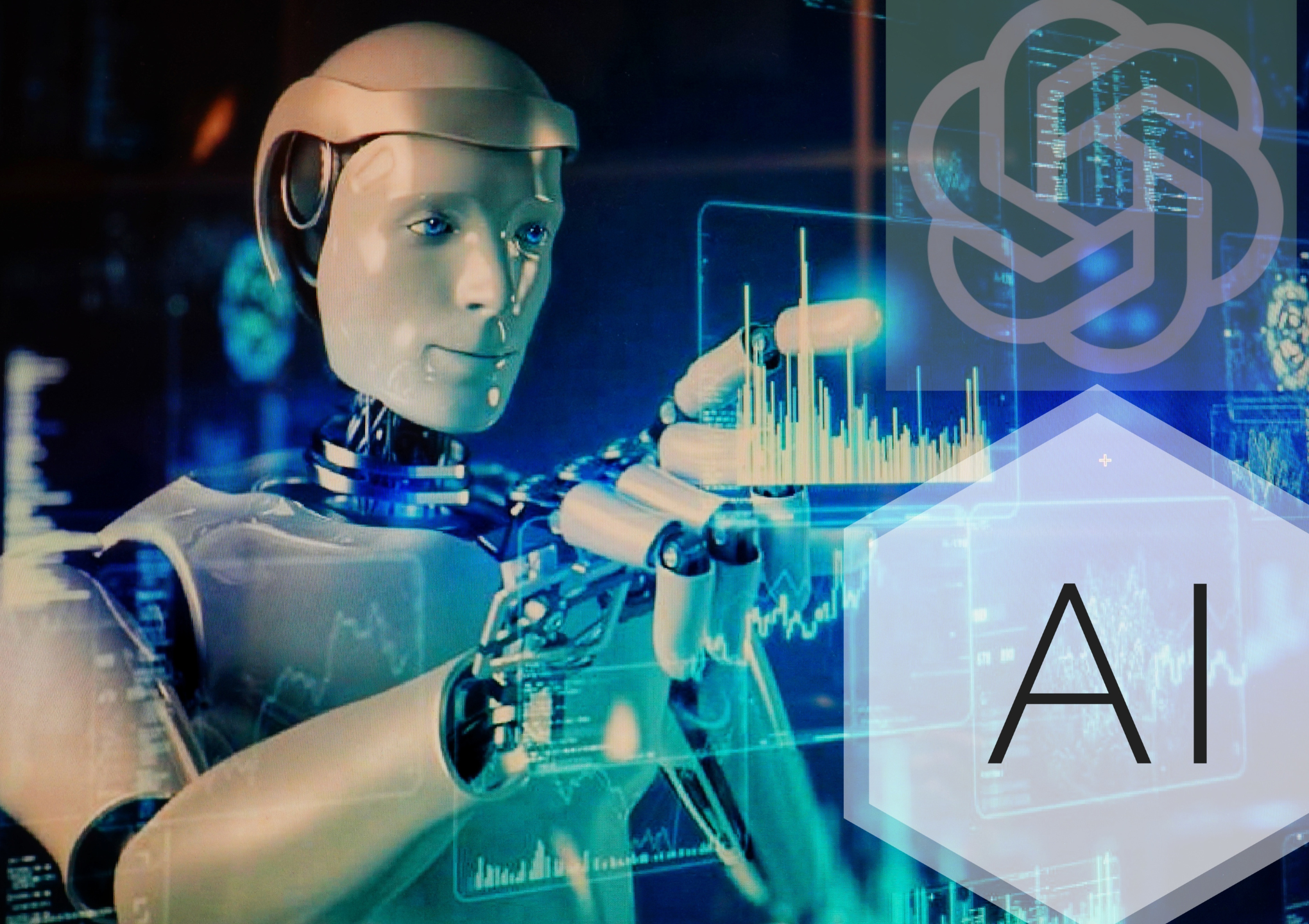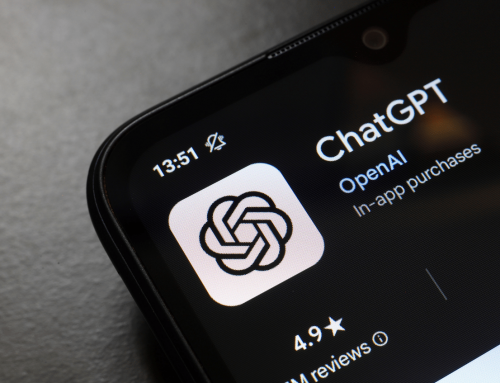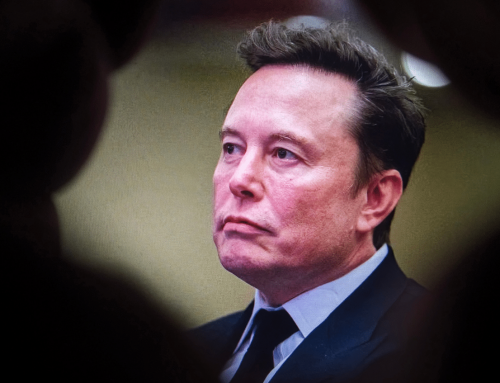Image: DIA TV / shutterstock.com
Robotics department restarts
OpenAI, known for ChatGPT, is working on robotics again - and this time with much greater ambition. New job advertisements on the company's careers page show that a dedicated robotics department is being set up. The company is looking for engineers to develop robots for everyday use, equipped with new sensors and AI systems that the company is developing itself.
Versatile machines for the real world
The job advertisements leave no doubt: OpenAI wants to create "general-purpose" robots, i.e. machines that are flexible and versatile - not just for a single task. We are talking about systems that work in "dynamic, real-world environments" and should demonstrate human-like intelligence.
To this end, hardware and software are to be closely interlinked: proprietary sensors, proprietary chips and AI models that can plan, learn and implement actions. One job advertisement even mentions tests with prototypes by contract workers. Another describes experience in the design of mechanical systems for quantities of over one million - an indication of planned mass production.
Robotics is booming - OpenAI wants to play along
The timing is no coincidence. The robotics sector is on the rise: according to Crunchbase, more than 6.4 billion dollars in venture capital flowed into the market in 2024 alone. Companies such as Carbon Robotics (agriculture) and Bear Robotics (service robots) have already proven that niche solutions work.
However, the spotlight is primarily on humanoid robots, i.e. systems with arms and legs. Companies such as Figure and 1X - both supported by OpenAI - are driving such concepts forward. OpenAI itself also seems to be heading in this direction.
More than robots: OpenAI has been building a hardware ecosystem for some time now
In parallel to its robotics activities, OpenAI is also working on other hardware projects. These include a proprietary chip for AI computation and a new device that the company is working on together with former Apple designer Jony Ive.
Everything points to the fact that OpenAI wants to provide not only AI software in the future, but also complete systems - from chips and sensors to robots.
Practical, but legally risky
When robots become not only smart but also widely available, this will fundamentally change our everyday lives. But the more autonomous machines become, the greater the legal risk. Who is liable if a humanoid robot makes mistakes or endangers people? Who controls its use when millions of such systems are in circulation?
OpenAI is already thinking about series production. The legal system should start thinking along now at the latest - before robots are not just in factories, but in living rooms.







